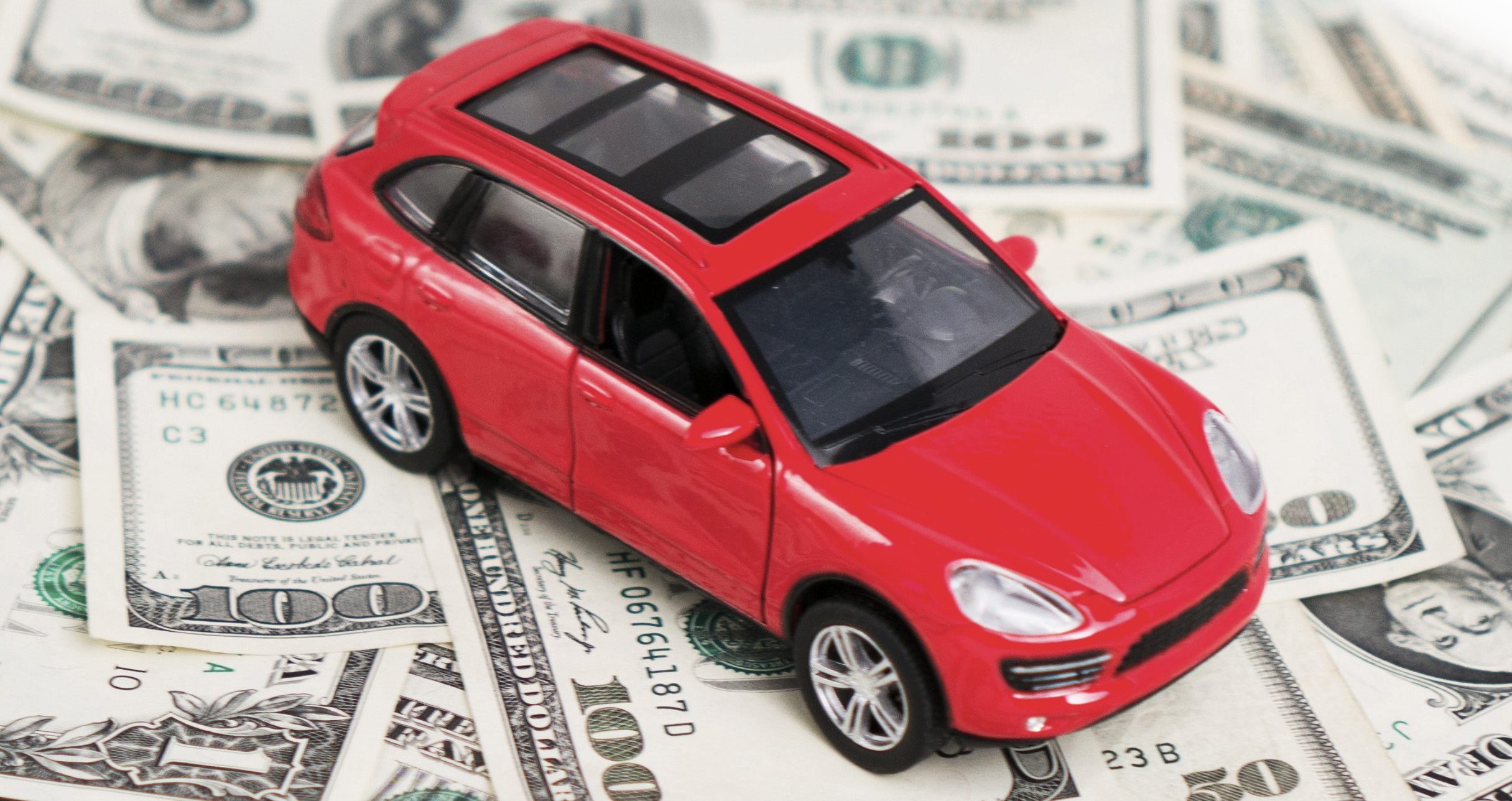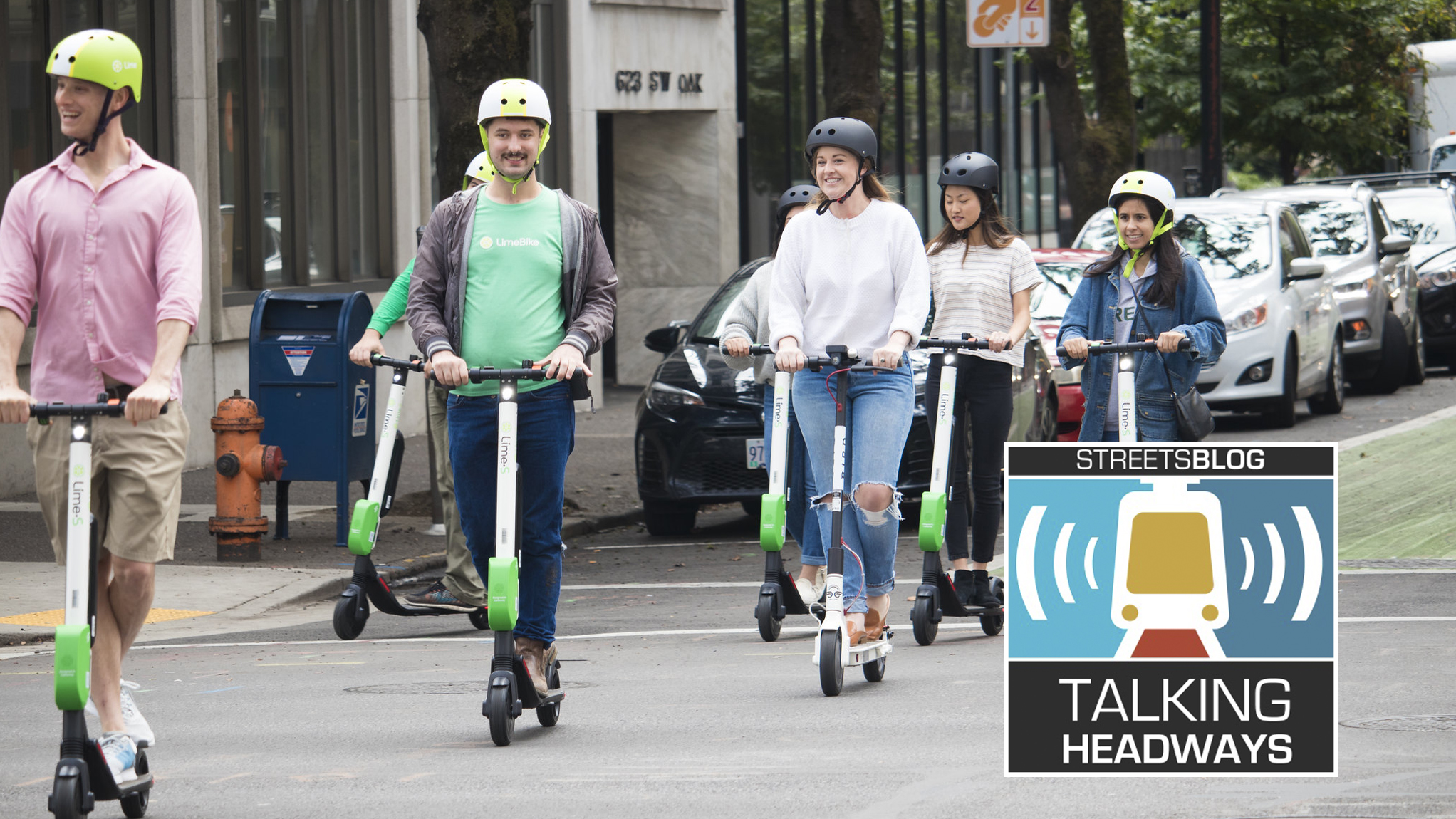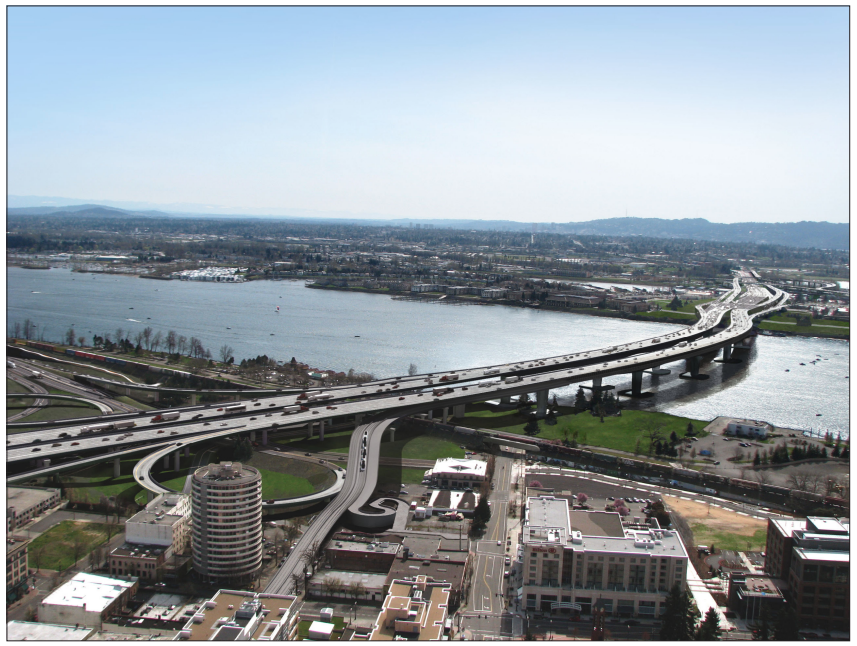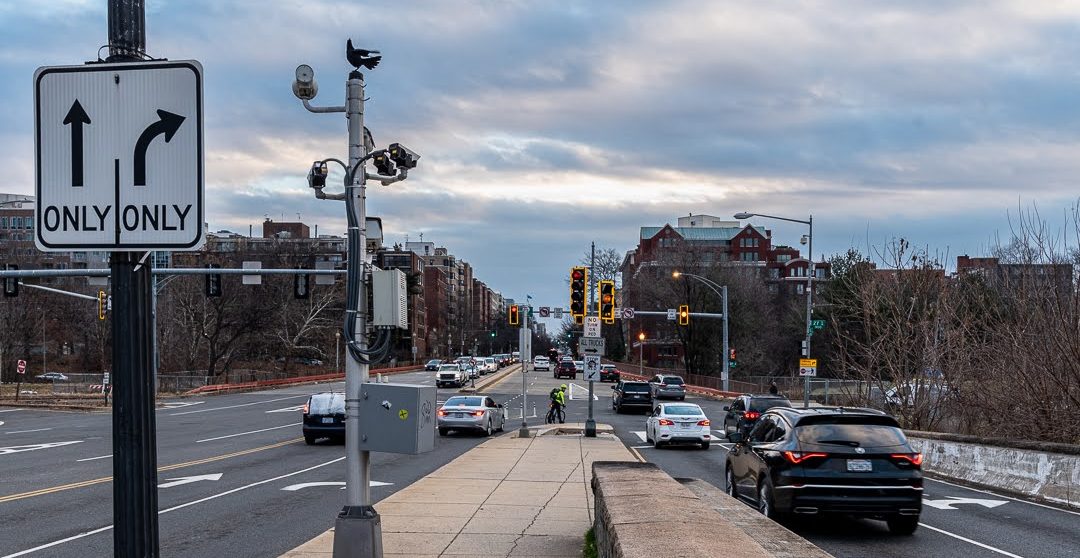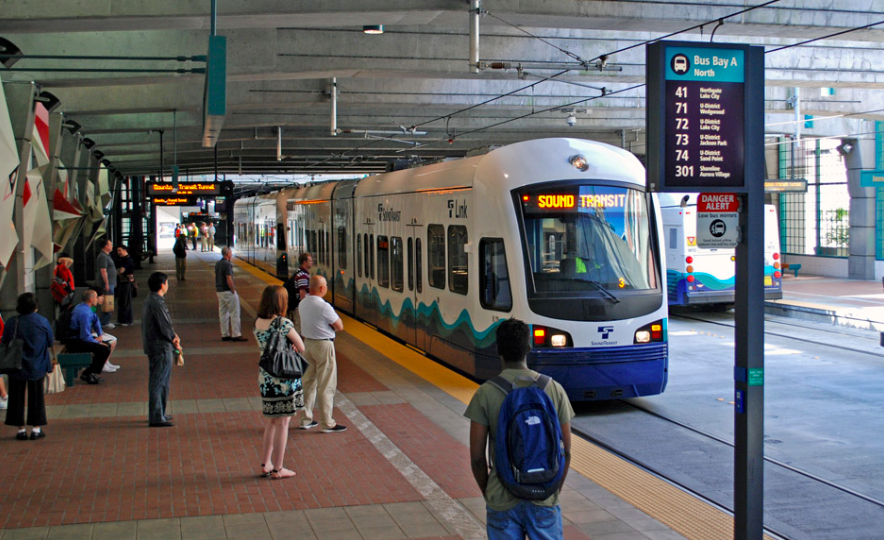Cyclists may only account for 1 percent of all trips taken in the U.S., but that's still good enough to save the American people a total of $4.6 billion per year, according to research recently released by the League of American Bicyclists, the Sierra Club, and the National Council of La Raza. The announcement coincided with National Bike to Work Day, observed last Friday as part of Bike Month.

It gets even better, as a recent article in Forbes pointed out:
The average annual operating cost of a bicycle is $308, compared to $8,220 for the average car, and if American drivers replaced just one four-mile car trip with a bike each week for the entire year, it would save more than two billion gallons of gas, for a total savings of $7.3 billion a year, based on $4 a gallon for gas.
The Forbes story made it into our headline stack on Monday, but as congressional Republicans seem poised to make another run at eliminating the Transportation Enhancements program (a major source of funds for bike infrastructure), the numbers bear repeating.
Especially these numbers: Biking and walking put together make up 12 percent of trips, but bike-ped funding accounts for less than two percent of transportation spending. Furthermore, though the U.S. had 40 percent more bicycle commuters in 2010 than in 2000, efforts persist to gut what few bike-ped programs remain in favor of increased highway spending.
And yet, here's a list of bicycling facts that have emerged (or re-emerged) in recent research:
- Bike path and trail projects create more jobs per million dollars spent than highway projects.
- Building bike paths and trails encourages more people to ride more often.
- Cycling is not a purely urban phenomenon.
Add to that the knowledge that transportation is overtaking housing as the single largest household expenditure in America, especially among low-income households, and it should be a no-brainer: Funding bike-ped infrastructure is a bargain.
That's what makes it so hard to take seriously the argument, trotted out repeatedly by the likes of apparent heir to the T&I chair Bill Shuster, that programs like TE or Safe Routes to School don't have a sufficient federal interest to be included in the surface transportation reauthorization bill. As far as I can tell, investing in cycling serves at least three different federal interests: Controlling health care costs (by promoting good health), reducing the deficit (by ensuring that federal investment generates the maximum economic activity possible), and reducing dependence on oil imports (duh).
If it's not a federal concern, then whose is it? Is it local communities, who would be given more control over bike-ped funding under new rules proposed in the Senate's two-year transportation bill? Apparently not, since those very same rules are the ones some House Republicans find objectionable.
Why else oppose federal investment in bicycle infrastructure -- because the founding fathers had never heard of bicycles? (That sure doesn't bode well for the Federal Aviation Administration.) Back at the TRB Annual Meeting in January, Shuster pointed to the post roads clause in Article I of the U.S. Constitution as the justification for a tradition of federal surface transportation spending that dates back to the Cumberland Road (1806) and the Gallatin Plan (1808).
However, the irony seems lost on Shuster that at its inception, the Cumberland Road (now U.S. Highway 40) was almost literally a road to nowhere, and that all transportation was at that point non-motorized. Couldn't one argue that the true "strict constructionist" approach would be for the federal government to only support non-motorized travel?
Whatever their reasoning, opponents of bike/ped funding -- vested though they may be in the status quo -- probably can't hold up forever against the cold, hard cash that stands to be saved by millions of Americans deciding to ride a bike.

